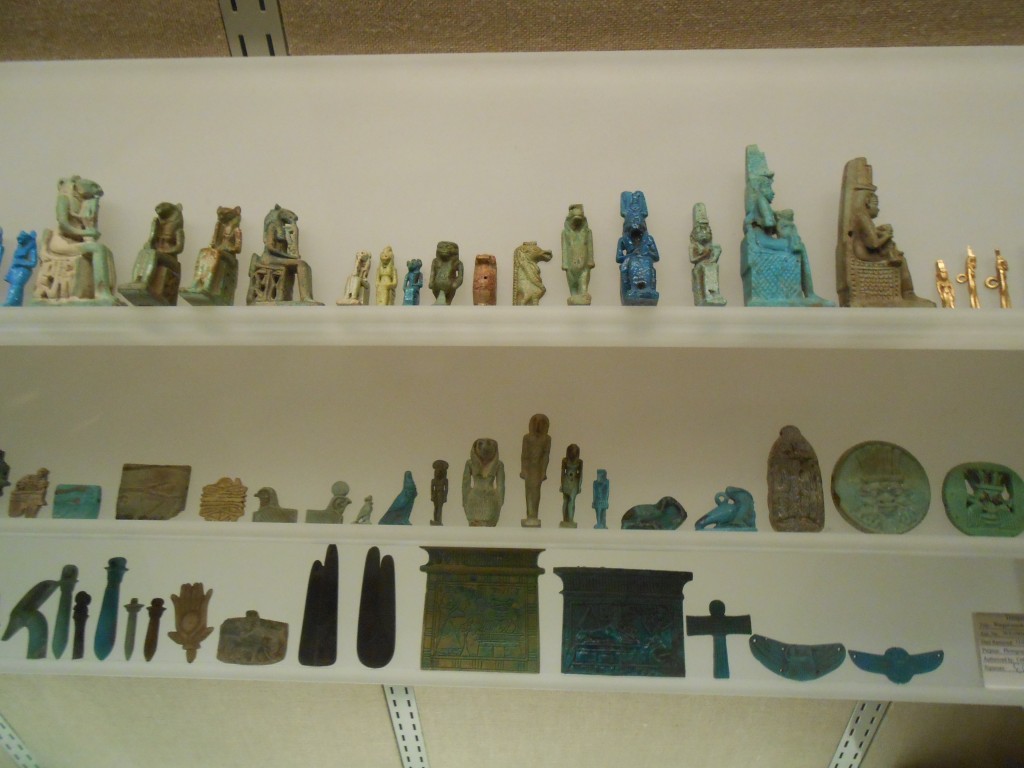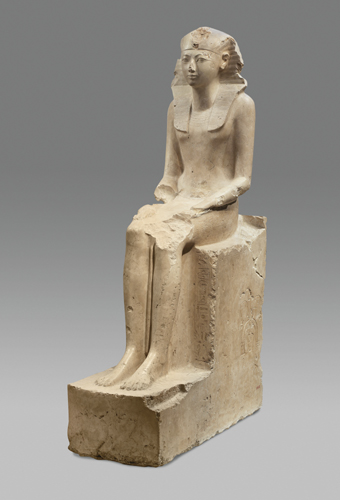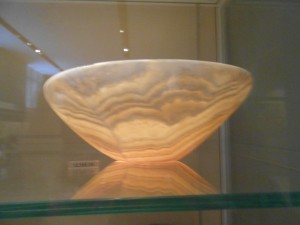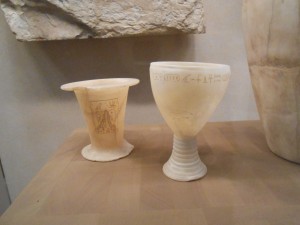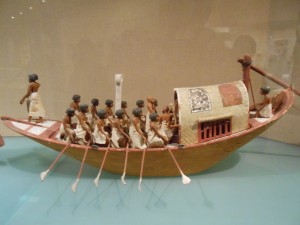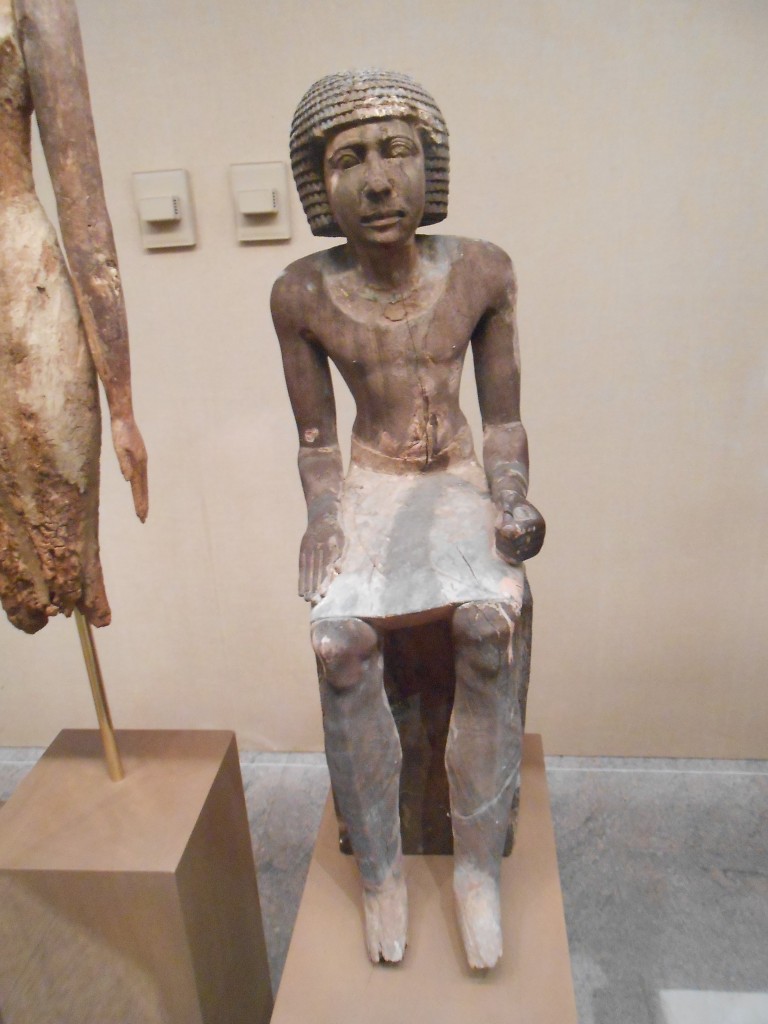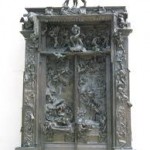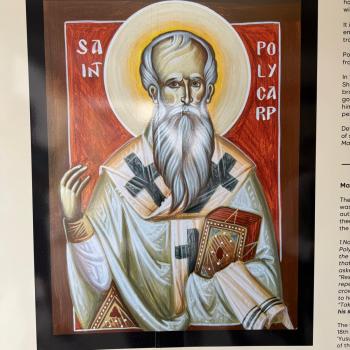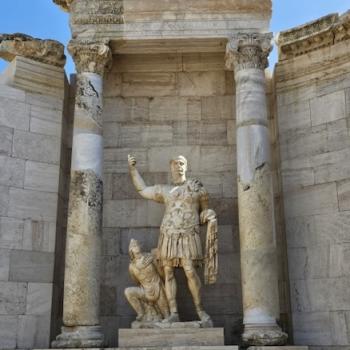Egyptians were polytheists when they encountered Hebrew and then Christian culture. They had many gods, and made many images of the many gods. Above you will see a collection of some of amazing variety of small deity statues of Anubis and Osiris and various other deities, carved in alabaster or lapis lazuli or jade and other stones. Of course if you look closely you will also find carvings of Pharaohs as well. Of the many failings of the whole Zeitgeist approach to ancient religions, one of the worst ones is the etymological fallacy– the this must have come from this which must have come from this notion. There does appear to have been during the reign of Akenaten the worship of the solar disk, and this was perhaps a form of henotheism, but it was certainly nothing like Biblical monotheism. For one thing, the solar disk was not a personal deity unlike Yahweh or Jesus. For another thing, the Hebrew worship of the solar disk as a sort of exclusive deity post-dates Hebrew monotheism. One could just as well argue that Abraham was the source of Akenaten’s tendencies in that direction as argue the reverse, but probably in neither case would you be historically accurate. Religious history is messy just like regular history, and the worship of one God by Jews happened independently of Egyptian religion, indeed, before they ever came in contact with Egyptian religion probably.
Lest we think that the Egyptians were much more progressive than the Hebrews when it came to everything, the truth of the matter is that Egyptian culture was just as patriarchal as Hebrew culture. True, there was once in a millenia a female Pharaoh (see the picture of Hatshepsut above, or think Cleopatra), but this was the except which proved the rule. All these ancient cultures were highly patriarchal in character.
In terms of art work and artisan work, yes Egypt was a more highly developed nation than the Hebrew nation. See for example the following pictures from the Met…
This last large image is of an Egyptian scribe, one of the most important figures in a largely illiterate society. They were usually in the employ of Pharaoh or priests or occasionally wealth landowners or businessmen.


